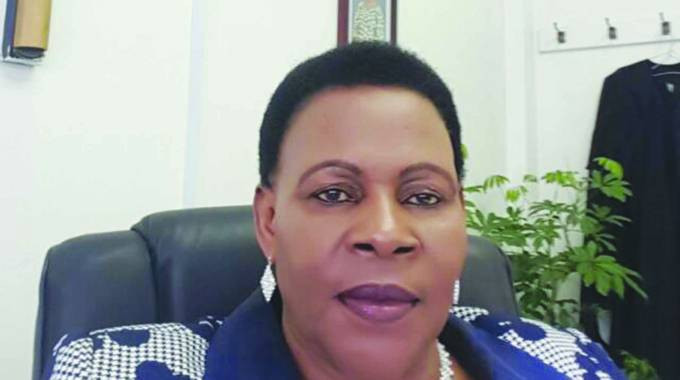
SENATE president Mabel Chinomona says acts of terrorism in Africa have destroyed lives and stalled economic activities on the continent.
Addressing delegates at the on-going 78th session of the executive committee of the African Parliamentary Union (APU) which kicked off on Saturday in Victoria Falls, Chinomona warned that an increasing number of African countries was facing threats of terrorism.
United Nations 2020 reports estimate that violent extremism cost African countries approximately US$97 billion each year.
“The scourge of terrorism has led to the destruction of lives and infrastructure, a reduction in domestic investments, and a fall in economic activities. The increasing terrorist attacks represent perhaps the most significant impediment to the goal of achieving a conflict-free continent,” Chinomona said.
“The risk of terrorism emerges from multi-layered social, economic and political issues among others, unresolved internal conflicts, poverty and inequalities, exclusion and lack of rule of law. The availability of illegal small arms and light weapons and organised crime across borders provide a fertile environment for terrorist activities.”
In September this year, Mozambique’s President Filipe Nyusi told a national radio station that Islamic militants in the country’s northern Nampula province were beheading people and abducting others, adding that they were spreading to new territory despite efforts by government and regional forces to contain them.
Last month, the United States embassy in South Africa issued a rare warning of a possible terror attack in Sandton, an upmarket business district of Johannesburg, sometimes dubbed “Africa's richest square mile” where that country’s largest gay gathering was expected to take palce.
Other countries in Africa that have experienced terrorist attacks include Kenya and Nigeria.
- 128 trafficked women return home
- ‘Terrorism destroying Africa’
- Rains threaten wheat harvesting
- Terrorism a serious threat to Africa: Chiwenga
Keep Reading
Chinomona said APU needed to create an environment in which terrorism does not enjoy sympathy and support, which can be achieved by addressing terrorism drivers and incentives for youth recruitment.
“The APU platform is conducive for us to share the African heritage of open, equitable and inclusive societies in which extremism cannot thrive. While it is pleasing that Africa has made gains towards sustainable development goals, the impact of extremism has potential to reverse this progress. It is, therefore, urgent that member States enforce APU resolutions to address the risks posed by terrorism.”
Chinomona said terrorism and violence bred in negative circumstances such as human rights violations and armed conflict.
“As parliaments, we are better placed to ensure that States tackle poverty and reduce inequalities, this in turn will discourage youths from joining terrorist activities,” Chinomona said.










